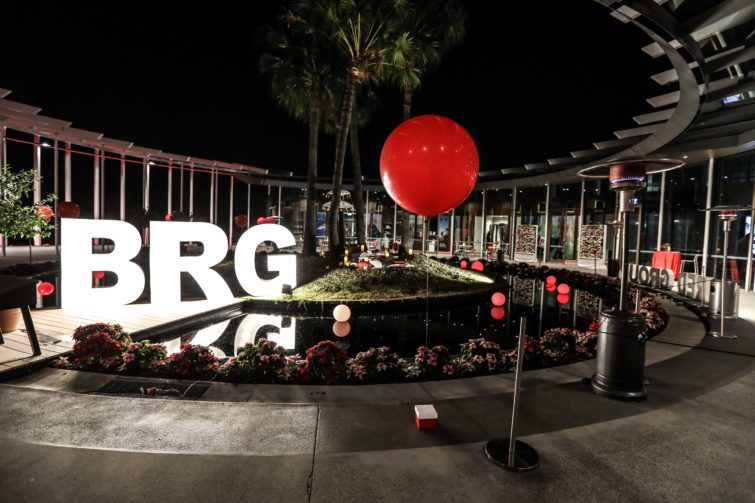Values create corporate culture
It is said that culture is critical to business success, and that culture is created by how every member of the team ‘lives’ the values. Jim Collins told us years ago in his book Good to Great – “great businesses have values, and truly live by them”.
I like our values at RedBalloon – they are easy to remember: #SayitDoit, #PushforGreatness and #OneforallAllforone. They mean something to my business partner and I but importantly, everyone in our business has a story about why the values resonate with them. Mine story is quite simple — I cannot do this alone, and I don’t want to.
The Christmas season is upon us and being in retail means that at this time of year it is all hands on deck. Too much to do, too little time. The finish line is fast approaching… and whilst 16 years ago I thought I could run my business, and serve customers all by myself, there is no way that I will be able to serve the 250,000 customers I intend to serve between now and 25 December, without everyone pitching in and doing his or her bit.
I started my business because I was a young mum who wanted flexibility in the workplace and whilst that is not ‘why’ we are in business it is definitely ‘how’ we do business.
Even as a founder and entrepreneur, completely focused on growing and scaling my business, I have other priorities, including family. Pretending that I don’t have other priorities would effectively mean that I am pretending to be something that I am not.
I want to work in a place I want to work in. This means that I need to be able to be myself at work… and this goes for everyone.
The statistics tell us that the biggest challenges facing business leaders, aside from the speed of tech change, innovation and the ability to keep up, is taking every person in the organisation along with you on the journey. The biggest leadership challenge is around trust.
The CEO of Citibank recently spoke at the Dreamforce conference in the US and highlighted that the critical importance for successful leadership lies in leaders ‘doing what they say they’re going to do, every day’. He went on to explain that his leaders use the following three questions to challenge any decision made:
- Is it in the interest of the customers?
- Does it create value for the company?
- Is it systemically responsible?
Trust, however, is a two way street. Can each person trust their leadership team to do the right thing? Further, can each leader trust each team member to contribute fully to the tasks at hand?
One thing I do know is that when both leaders, and team members, are able to be their authentic selves, they feel like they belong and are a part of something bigger than themselves. In turn, alignment, contribution and success is created.
#BringYourWholeSelf LinkedIn Campaign
The commercial value of this was confirmed recently in the findings of an ACA Research study commissioned by LinkedIn in September 2017 which surveyed 1010 Australian professionals.
[embedyt] https://www.youtube.com/watch?v=eSljbyKq1TY[/embedyt]
Over half of Australian workers (58%) hide some aspects of themselves in their professional life and almost three quarters (70%) do not feel comfortable expressing their vulnerabilities at work. It is really difficult to build a trusting relationship if someone feels that they will be ‘judged’ or maligned simply for being themselves and it seems that many people ‘hide’ their true self to avoid conflict (57%).
People feeling this way directly impacts their ability to participate fully, because they won’t express their true opinion in the workplace. The survey found that females (79%) feel less comfortable than males (85%), to express a true opinion.
I was surprised to learn that more than a third (35%) of respondents surveyed said they hold back on talking about anything to do with mental health and wellness — 75% say it is a career limiter. Sexual orientation is also seen as a career limiter by nearly half of the respondents and 1 in 5 Australians still hide their sexual orientation in the workplace.
Other issues people believe can possibly limit their career in Australia are ethnicity (57%); gender (53%) and; religious beliefs (52%).
I know first hand the difference it makes to someone’s sense of wellbeing when they can just be themselves at work — #BringYourWholeSelf. Fostering an open and accepting working environment, not only has a positive impact culture and builds trust in the team, but it also benefits the overall business with nearly half (44%) of respondents saying being themselves has a positive impact on productivity. It also has a positive impact on job satisfaction (47%), personal health and wellbeing (39%).
Peer support is equally important, but ultimately, culture is created by living the values over and over again. This is why our value of #OneforallAllforone will be so critically important for our retail success this Christmas, with everyone getting to be the best version of themselves.
This article first appeared on LinkedIn.

